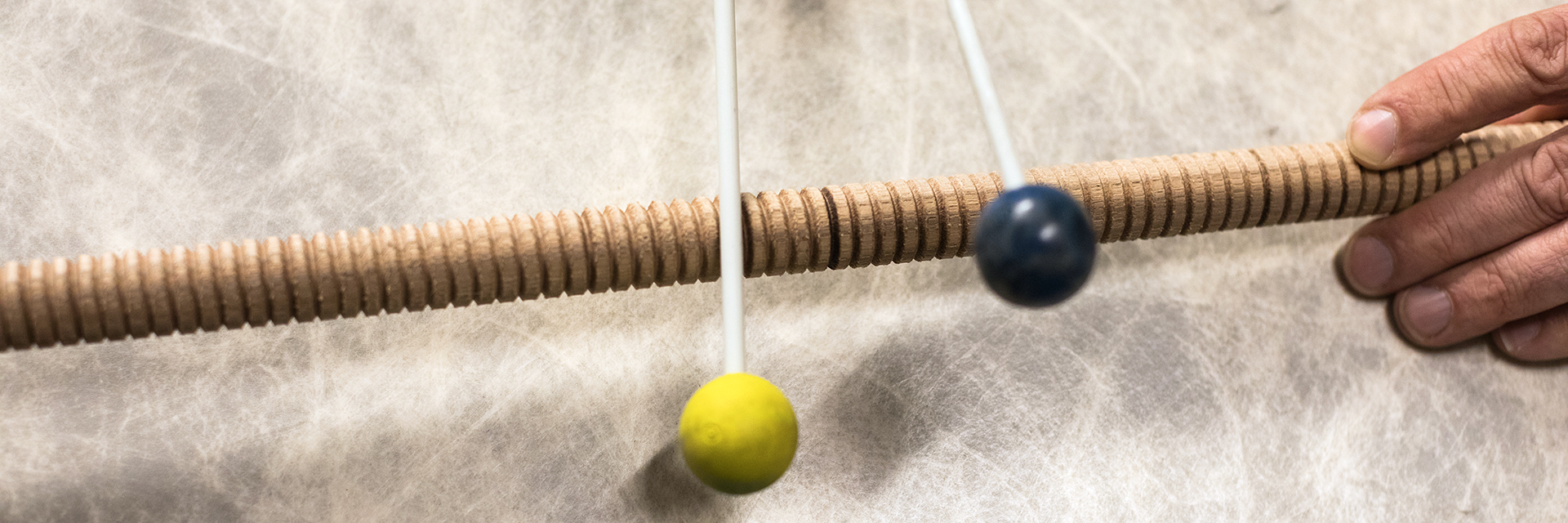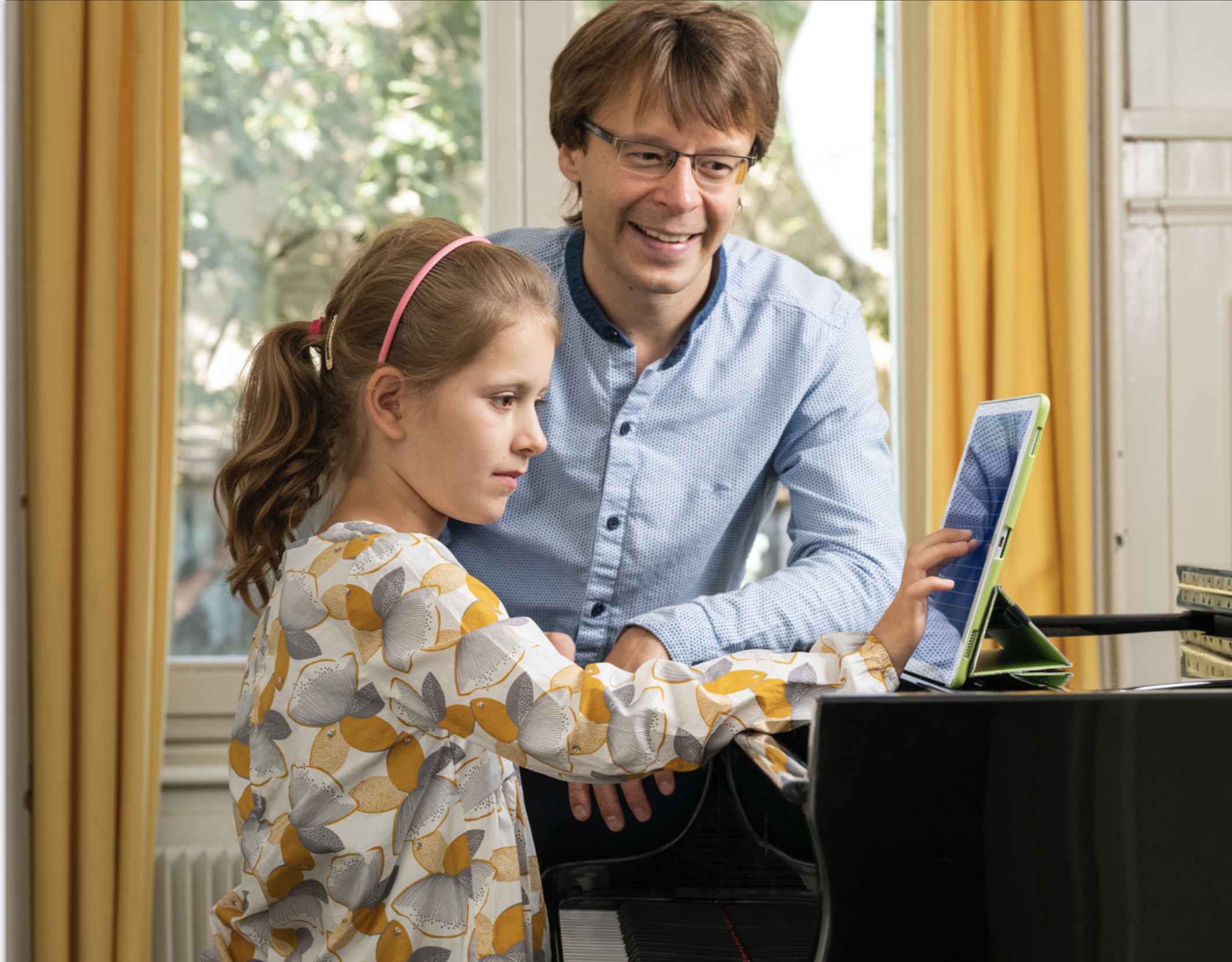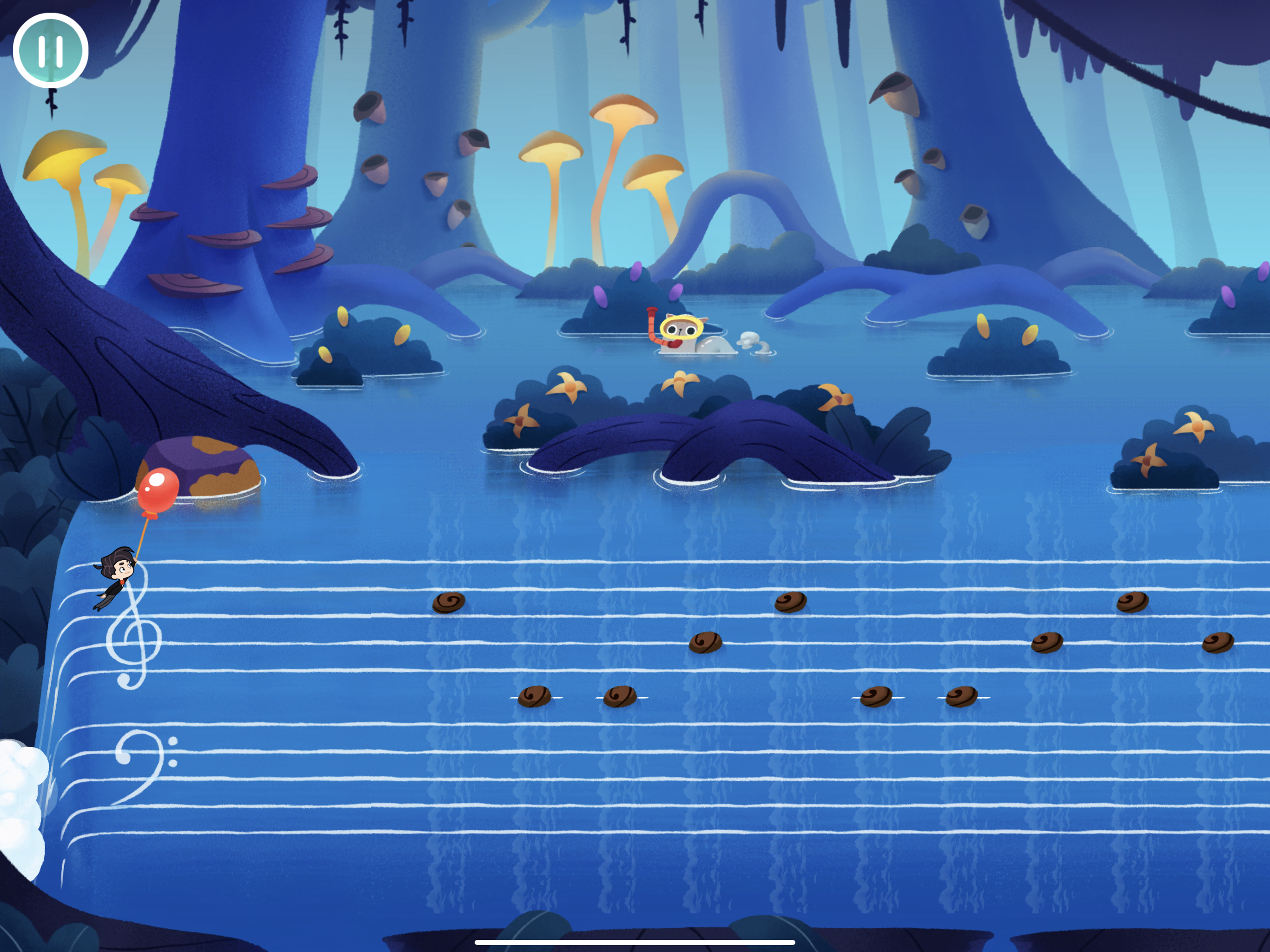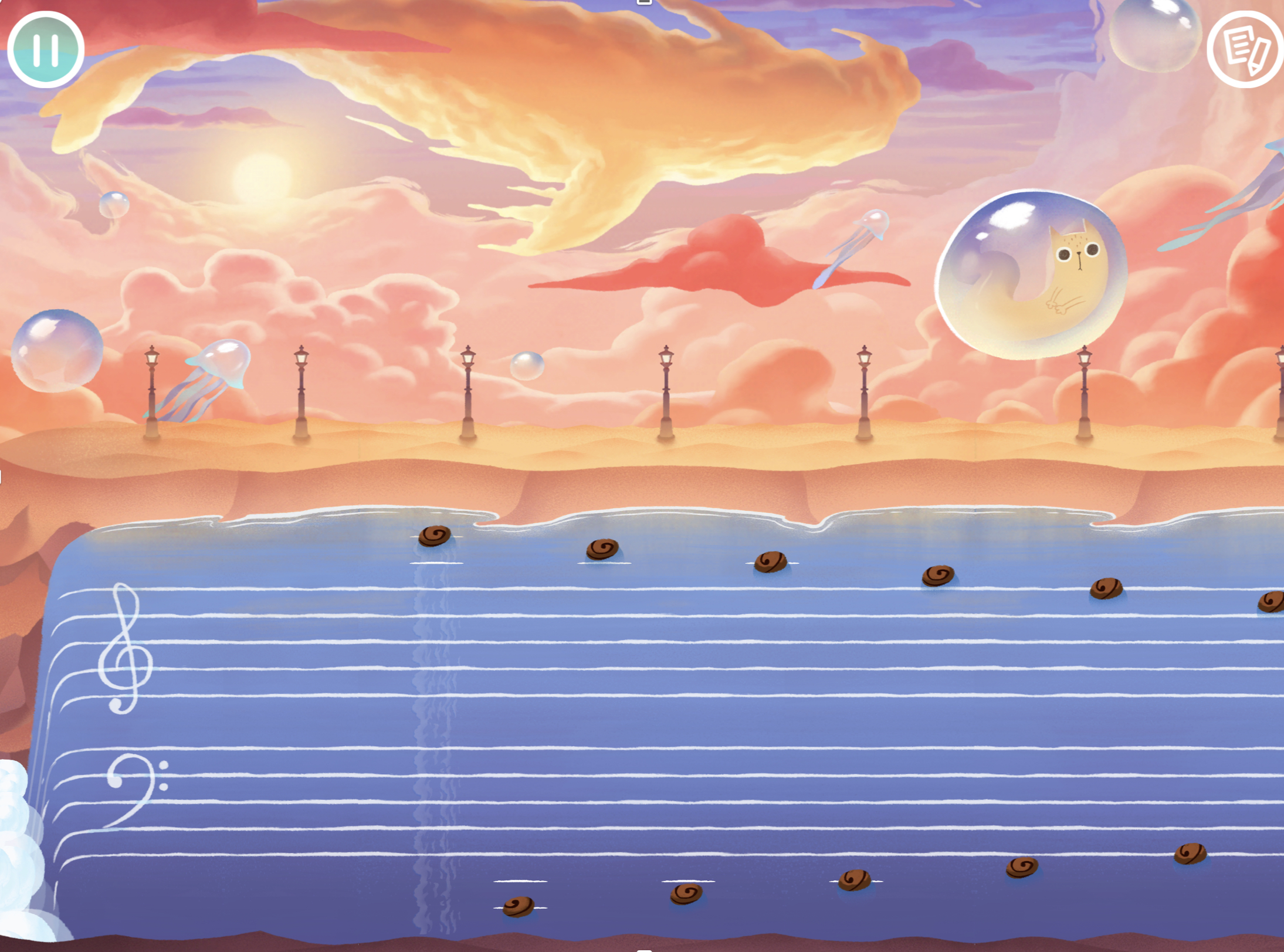The Tony Game - A Pioneering Method for the Acquisition of Music Reading Skills
SNF Bridge - Proof of Concept
Reading music is one of the major topics in contemporary music classes, such as piano lessons. However, it represents a significant cognitive challenge, especially for children in the early stages of instrumental education.
The project’s main objective was the development of a pioneering music teaching tool, the TunyStones app (TS) for piano and tablet, to support young piano beginners within the acquisition and training of skills in music literacy and music reading in particular. (Please mind, that the working name of the app used to be “Tony Game”.)
TunyStones is conceived as an innovative didactic tool, moreover it aspires to be an entertaining game and above this, an overall aesthetic product. The real (playing the piano) and the virtual world (the application) will are connected in the TS - as real sounds produced on a piano provide input to the virtual reality. Based on the game concept and its prototypes, the tool has been widely tested by teachers and their pupils of the Piano Department at the Musikschule Basel and other Swiss music schools.
The tool was programmed and published as an application for iOS tablets. Within this process, strategies of Design-Based-Research were applied and data on learning processes were collected, analysed and used for the purpose of the tool’s development. TS incorporates an original and systematic collection of monophonic music pieces, including a new genre of didactic pieces, so called “reading etudes”. The tool’s didactic and entertaining qualities aim to create a synergy effect. Its tasks include improvisation and music reading, play (paidia) and game (ludus) elements, respectively.
With respect to its features, especially the possibility of an autonomous and playful exploration of the music notation system, TS is a unique development. As a main outcome of the project a facilitated growth of skills in music reading within the users of the TS is expected.
The Musik-Akademie Basel connects both the host institution of the project, the Hochschule für Musik FHNW, and the aforementioned Musikschule in Basel, where experiments and tests haven taken place. This direct neighborhood of research and education significantly supports an immediate and direct exchange between both fields and was an optimal location for this project.



